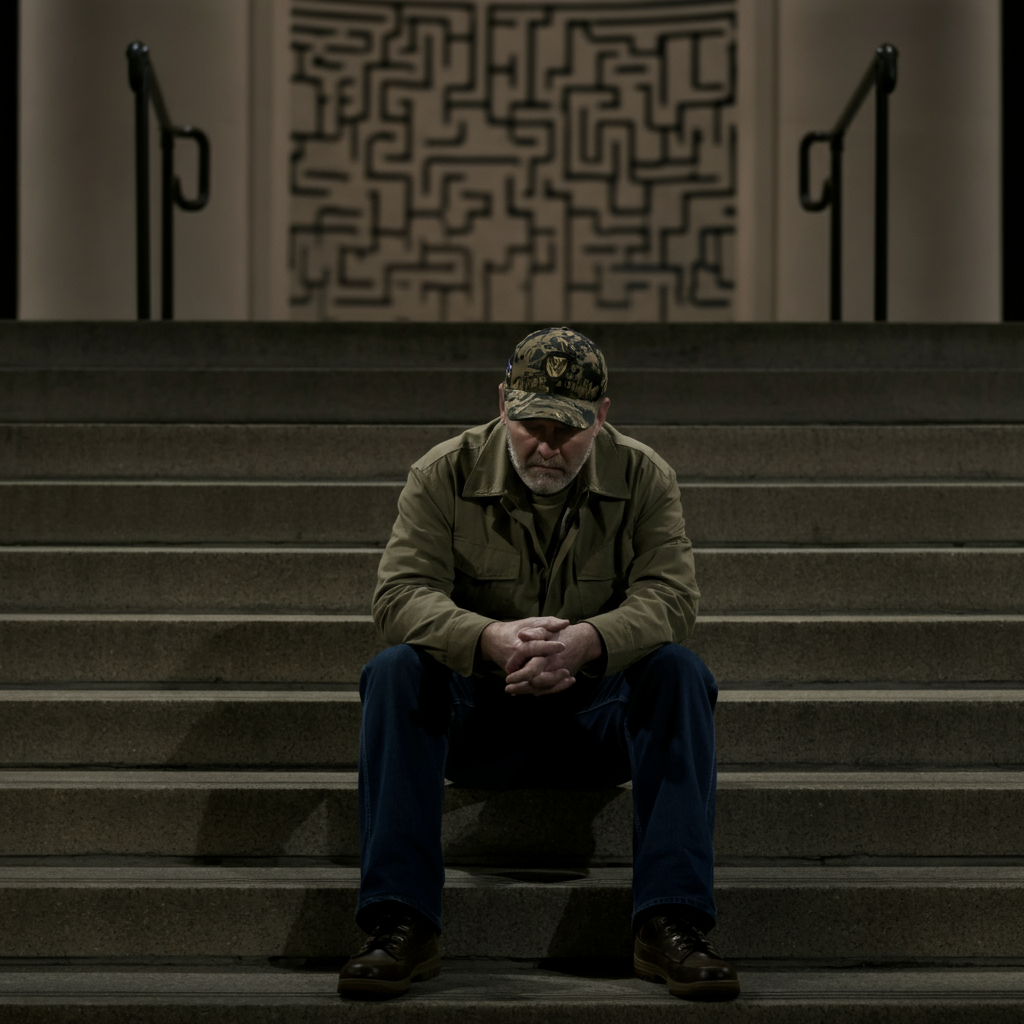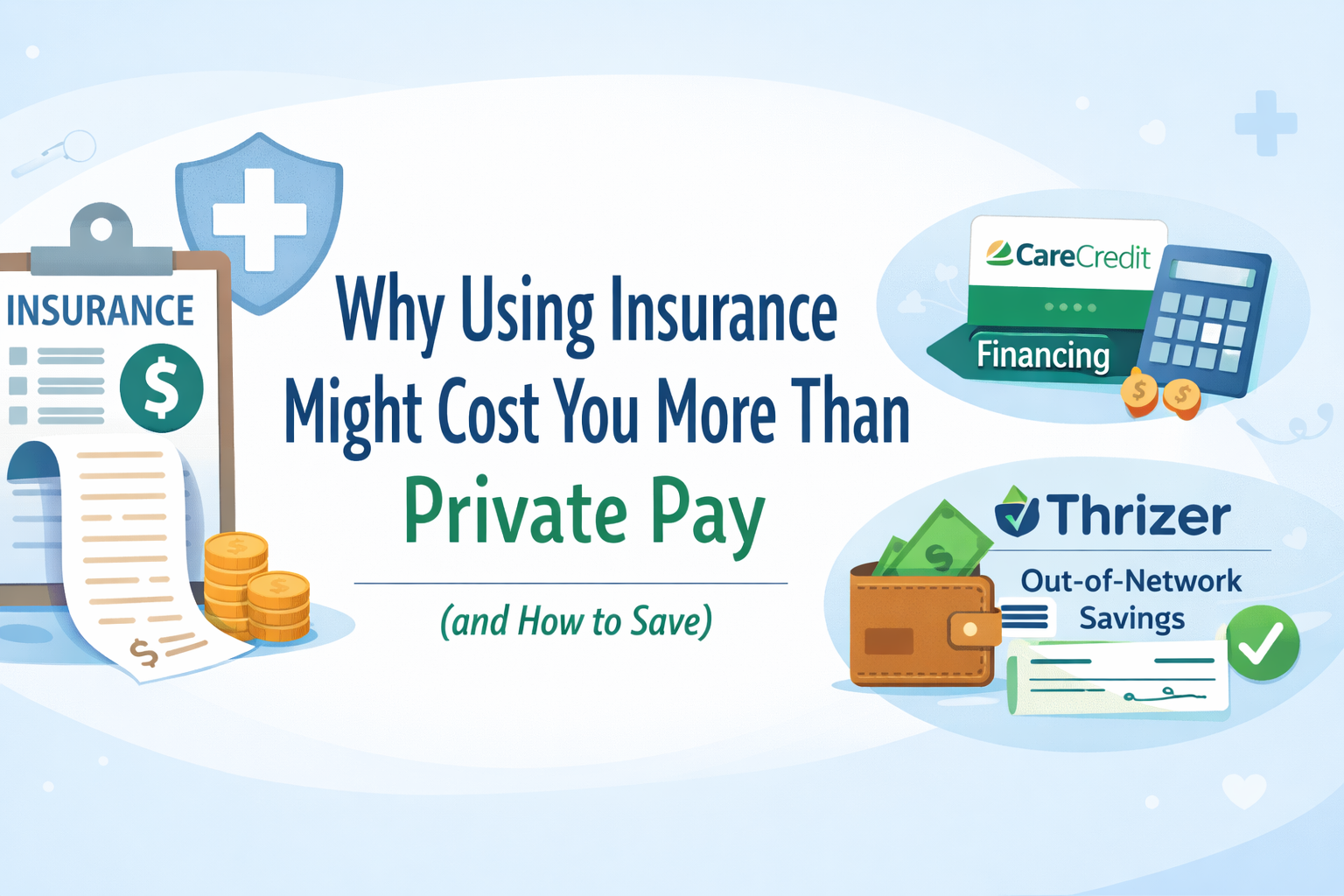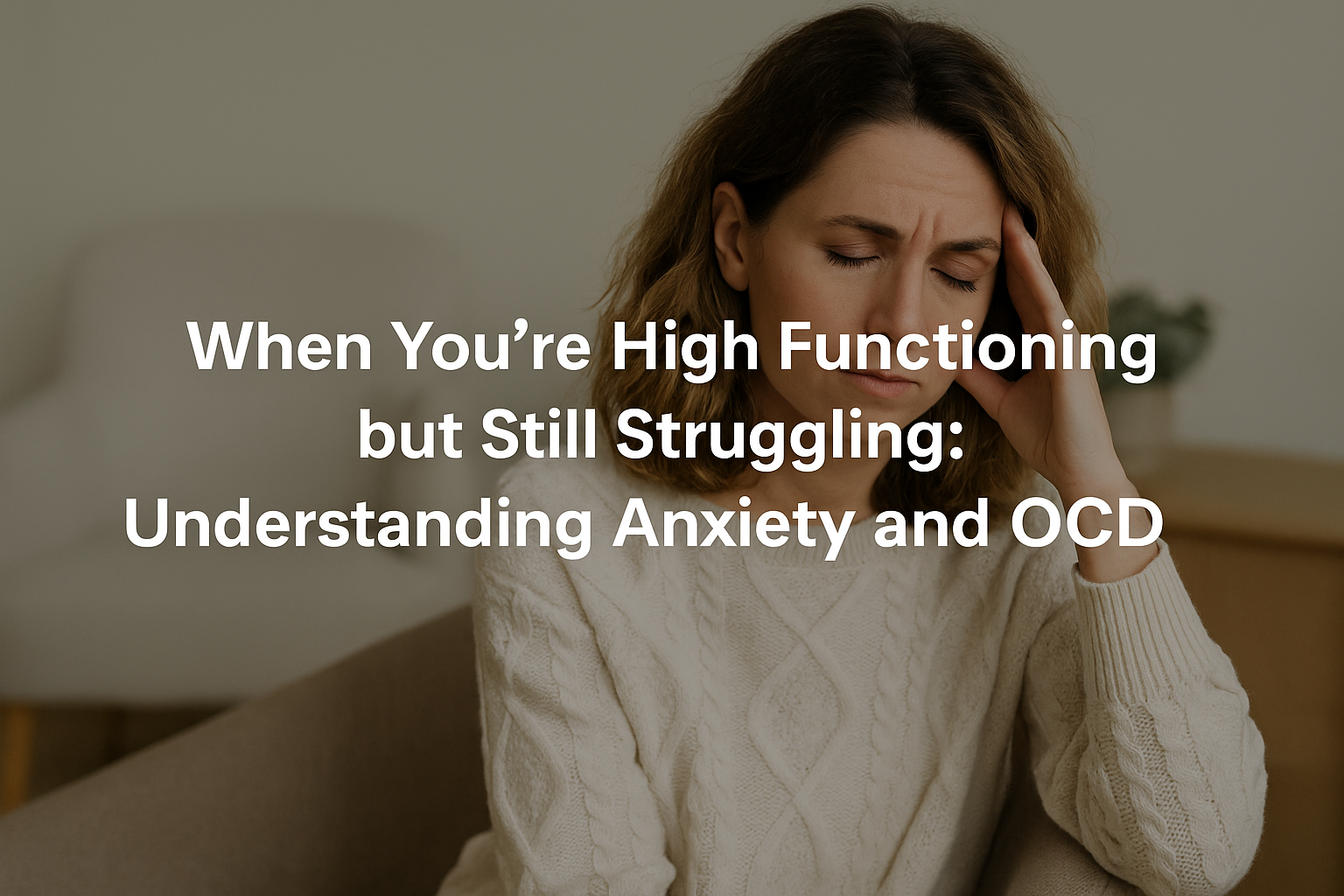Veterans Deserve Better Mental Health Care Access

When it comes to serving our country, veterans embody sacrifice, courage, and resilience. Yet, after their service, far too many face battles of a different kind—those within their own minds. While mental health care is crucial for veterans coping with PTSD, depression, and other challenges, accessing quality care continues to be an uphill struggle.
This blog aims to shine a light on the systemic gaps in veteran mental health care, the heartbreaking impact these gaps have, and what we as a society can do to ensure they receive the support they so desperately need.
The Current Challenges Veterans Face
From lengthy wait times to limited treatment options, here’s why critical mental health care isn’t reaching every veteran in need.
- Lack of Choice and Long Wait Times
VA-backed mental health resources are often burdened by bureaucratic delays. A Government Accountability Office report highlighted how these delays can stretch out for weeks—even months—before a veteran sees a provider. For someone battling severe anxiety, depression, or PTSD, this wait can be life-threatening.
- Limited Access to Innovative Therapies
While advances like EMDR (Eye Movement Desensitization and Reprocessing) therapy, brain spotting, and ketamine treatments have shown remarkable results in helping those with trauma and depression, many veterans don’t have access to these options. Instead, they’re often offered a one-size-fits-all approach, which may not work for everyone.
The Stark Reality—What the Numbers Tell Us
The statistics paint a grim picture of how urgent this issue is.
- According to the U.S. Department of Veterans Affairs, an average of 16.8 veterans die by suicide daily.
- Veterans made up 13.5% of all suicide deaths in the U.S., despite representing only 7.9% of the population.
- A RAND study found that only 50% of veterans who need mental health care seek it, and among those who do, 40% don’t receive adequate treatment.
These figures are a sobering reminder that veterans are falling through the cracks, and it’s time to act.
Alternative Therapies That Make a Difference
While traditional therapy and medication help many, some veterans have found life-changing relief through alternative therapies. These deserve to be explored and highlighted within the scope of mental health care reform.
- EMDR Therapy
EMDR is particularly effective in targeting trauma and PTSD symptoms. It’s a structured therapy that helps veterans process traumatic experiences, allowing them to regain control over their emotions.
- Brain Spotting
By accessing specific points in the brain, brain spotting enables individuals to process trauma more deeply and effectively. Veterans who have used this therapy often describe it as transformational.
- Ketamine Therapy
For veterans struggling with severe depression and suicidal thoughts, ketamine therapy offers rapid relief. Its ability to quickly stabilize mood makes it a powerful tool in crisis intervention.
- Community-Inspired Programs
Many community-driven initiatives involve outdoor activities, mindfulness practices, and art therapies—providing veterans with non-clinical yet impactful avenues for healing.
Legislative Efforts Making a Difference
Policy changes are critical to improve access to quality mental health care for veterans. Here are some initiatives making progress toward a brighter future.
- Veterans Health Care and Benefits Improvement Act
This legislation expands eligibility for veterans to access mental health care and ensures no one slips through the cracks simply due to red tape.
- Veterans Community Care Program (VA MISSION Act)
This program allows veterans to seek care outside the VA network, helping alleviate long wait times and providing flexibility.
- Support for Suicide Prevention Coordinators Act
Focused on bolstering the VA’s suicide prevention efforts, this act equips coordinators to target at-risk veterans with enhanced, tailored care.
- Veterans’ Access to Child Care Act
By offering child care services, this act eliminates a barrier for veterans receiving mental health care—helping those with families prioritize their treatment.
Breaking the Stigma
Barriers to mental health care aren’t always systemic—they’re also societal. For many veterans, the stigma of seeking help prevents them from taking the first step. This is where community and conversation play a crucial role.
“When we reduce the stigma around mental health, we open doors for veterans to seek the help they need,” says Alex Rivera, U.S. Army veteran and mental health speaker. “The support of fellow veterans and the community is invaluable in these moments.”
How You Can Help
Raising awareness and taking action are essential to transforming the mental health care system. Here’s how you can make a difference today.
- Share this blog post to inform others about the challenges veterans face and encourage open conversations.
- Support legislation that broadens access to alternative therapies and removes systemic barriers to care.
- Encourage veterans to explore treatment options and alternative therapies like EMDR, brain spotting, and ketamine therapy.
- Start conversations about mental health and create safe spaces for veterans to share their experiences without judgment.
A Rallying Cry for Change
Dr. Jennifer Smith, clinical psychologist and veteran mental health advocate, puts it best:
“Veterans deserve our unwavering support, and that includes timely access to the best mental health treatments available. This isn’t a wish—it’s a necessity.”
It’s time to stand alongside our veterans, pushing for policy improvements, encouraging the use of new therapies, and eliminating the stigma around mental health. Together, we can ensure they’re supported—not just in words but in meaningful action.
Take the First Step
Visit Therapy Haven & Consulting to book a consultation with compassionate experts like Emily Pierce, dedicated to providing the care veterans deserve (link).
Transforming mental health care for veterans starts today. Will you be part of the solution?


